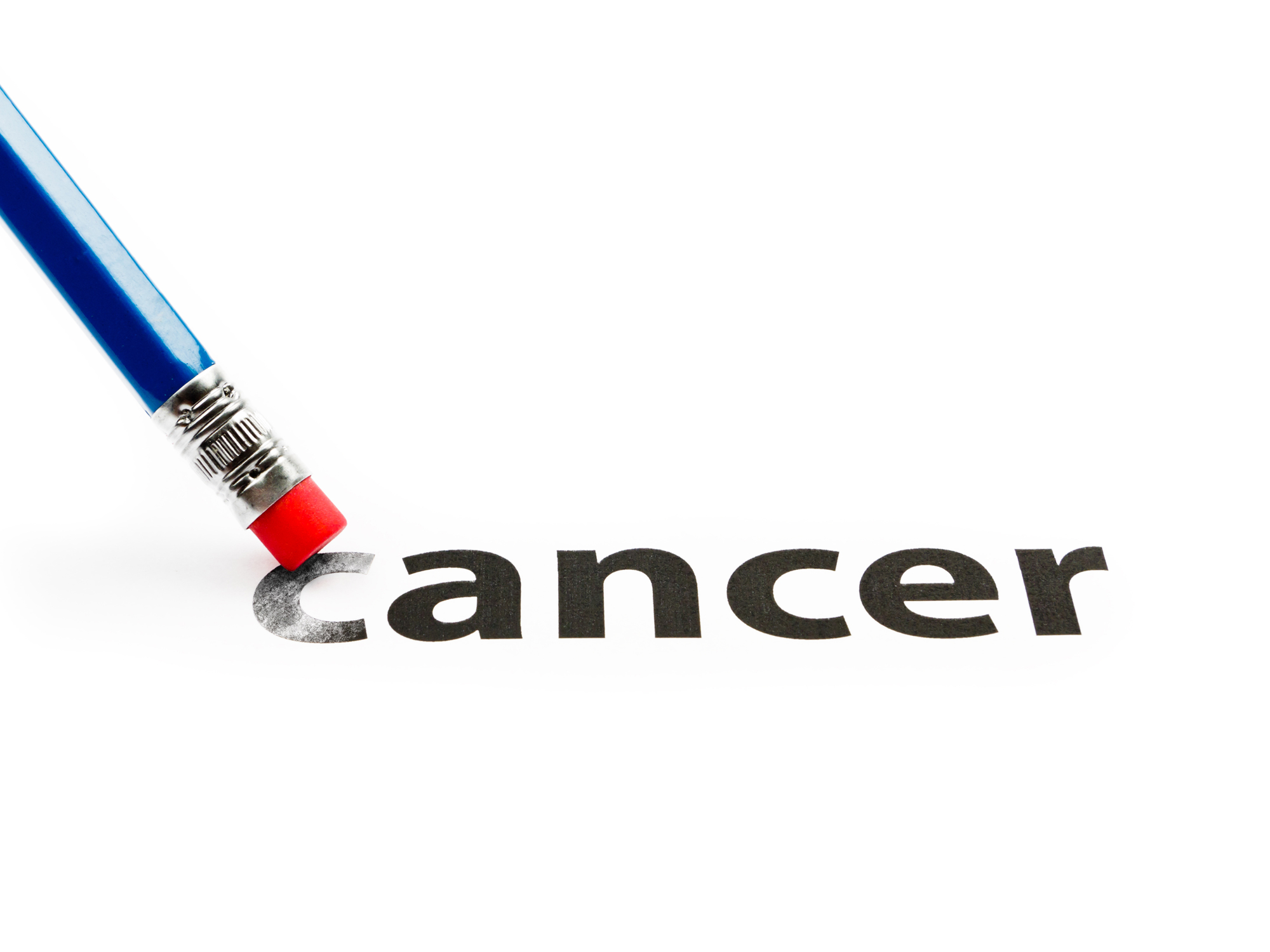Get Easy Health Digest™ in your inbox and don’t miss a thing when you subscribe today. Plus, get the free bonus report, Mother Nature’s Tips, Tricks and Remedies for Cholesterol, Blood Pressure & Blood Sugar as my way of saying welcome to the community!
How much does vitamin D really lower your cancer risk?

Looking for an easy way to gauge your cancer risk? Test your vitamin D levels.
Okay, okay… it’s not quite that simple. But the connection between vitamin D levels and cancer is gaining more traction…
Past studies have linked vitamin D deficiency to an increased risk of cancers like colorectal cancer, lung cancer, prostate cancer, breast cancer, ovarian cancer and leukemia.
And a compelling study from Japanese researchers found that people with higher vitamin D levels had a lower overall cancer risk. But that’s not all… they also found that vitamin D is particularly powerful at lowering liver cancer risk — one of the top 10 deadliest cancers.
So, while a vitamin D test alone won’t tell you everything you need to know about your cancer risk, it may be a much more important piece of the cancer puzzle than many of us realize…
Vitamin D: The cancer-fighting vitamin
Researchers from Japan’s National Cancer Center and Shiga University of Medical Science recently found that high vitamin D levels mean a lower overall cancer risk — 20 percent lower, to be exact.
These researchers looked at data from the Japan Public Health Center-based Prospective (JPHC) Study, which included 33,736 people between 40 to 69 years old. When the study began, participants shared information about their medical history, diet and lifestyle. They also had their vitamin D levels tested. Then they were split into four groups based on how high their vitamin D levels were.
After tracking the participants’ health for 16 years, 3,301 of them had developed cancer. But the folks who kept their vitamin D levels high were 20 percent less likely to be among them.
Moreover, when it came to liver cancer, people with lots of vitamin D were even better off. They were 30 to 40 percent less likely to end up with liver cancer.
So, there you have it: two more great reasons to stay on top of your vitamin D! Not that you really needed more reasons… vitamin D has already been shown to reduce risk of autoimmune diseases, dementia, respiratory infections, heart disease and maybe even slow aging.
Vitamin D for optimum health
Of course, when you hear about how great vitamin D is — for so many diseases — it’s tempting to grab a bottle of D3 supplements and go crazy. But the best approach is to get a baseline measurement to see where you’re at D-wise before you start supplementing. How can you do that?
You can check your vitamin D levels at your doctor’s office or with an at-home test. The Vitamin D Council (a nonprofit organization dedicated to educating the public on vitamin D) says that for optimum health, your vitamin D levels should be 50ng/ml or higher.
But guess what? Most of us are much lower than that, which means supplementation and more time in the sun are usually necessary.
It’s hard to take a one-size-fits-all approach to vitamin D supplementation. But once you have your vitamin D levels in hand, you can use this series of handy charts that tells you exactly what dosage of D3 you need to take daily to increase your levels and stay healthy.
Editor’s note: Discover how to live a cancer prevention lifestyle — using foods, vitamins, minerals and herbs — as well as little-known therapies allowed in other countries but denied to you by American mainstream medicine. Click here to discover Surviving Cancer! A Comprehensive Guide to Understanding the Causes, Treatments and Big Business Behind Medicine’s Most Frightening Diagnosis!
Sources:
- Higher Vitamin D levels may be linked to lower risk of cancer — MedicalXpress
- Budhathoki, et al. “Plasma 25-hydroxyvitamin D concentration and subsequent risk of total and site specific cancers in Japanese population: large case-cohort study within Japan Public Health Center-based Prospective Study cohort.” — BMJ, 2018
- I tested my vitamin D level. What do my results mean? — Vitamin D council












